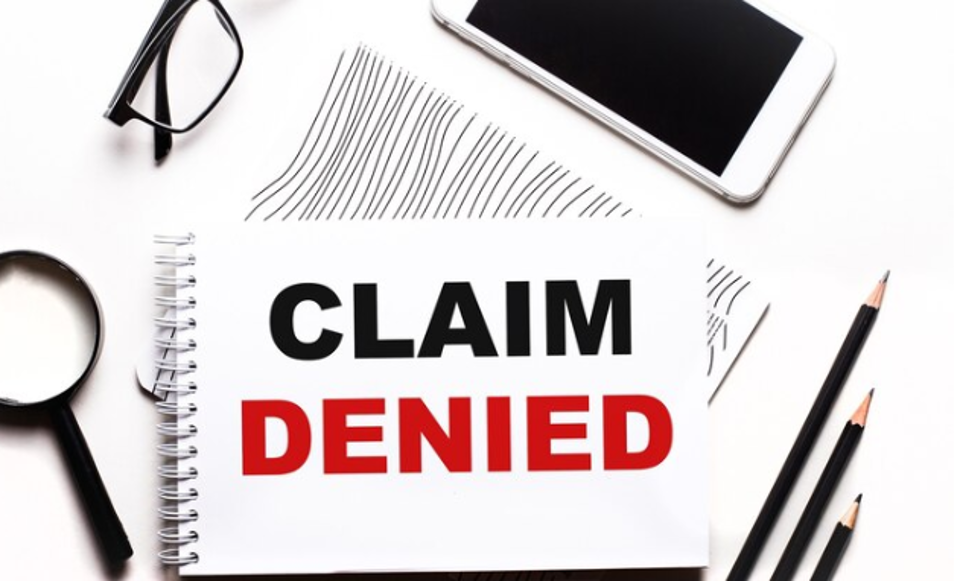Just because your insurance company says no doesn't imply your claim is dead and buried. Policyholders have multiple options to dispute and possibly reverse an insurance company's initial decision, which is merely based on the information presented and is known as a denial. In order to pursue a good outcome, it is crucial to understand the grounds for refusal and the available avenues for recourse.
In most cases, when an insurance company decides not to pay out on a claim, they will issue a letter explaining why. Common causes include claims for damages that are not covered by the policy, missing deadlines, inadequate documentation, or policy exclusions. Reading the rejection letter word-for-word is the first thing you should do after getting a rejection. Sometimes, it may be the result of a misunderstanding or an administrative mistake that can be resolved with further proof.
You can decide to appeal the decision after you've reviewed the rejection. There is usually a way to appeal a denial in most insurance policies. This gives you the chance to explain the situation or give further information. If your insurer rejected your claim on the grounds that the damage was more likely caused by everyday wear and tear than by an insured event, you might try to persuade them otherwise by providing further evidence such as repair estimates, expert opinions, or more images. It is possible that the insurer's review board or an alternate adjuster will conduct a second evaluation as part of the appeals procedure.
Make sure you don't miss any appeal-related deadlines. There is usually a deadline of 30 to 90 days following the refusal. You need to submit an appeal with most insurance. The rejection could be finalized if these deadlines are not met.
There are other options available to you in the event that the appeal is rejected. It may be helpful to see a public adjuster or lawyer if you feel the rejection was unfair or made in ill faith. While lawyers can guide you through the legal complexities of contesting the rejection, public adjusters are impartial experts who can reevaluate the damage and negotiate with the insurance company on your behalf.
Claims denials can sometimes lead to legal action. You might have to go to court if the insurance company doesn't look into your claim, even though there's plenty of proof that they should.
A final insurance denial is not necessarily the case, to sum up. Policyholders can contest the refusal by appealing, submitting further evidence, and, if needed, seeking assistance from public adjusters or legal specialists.





